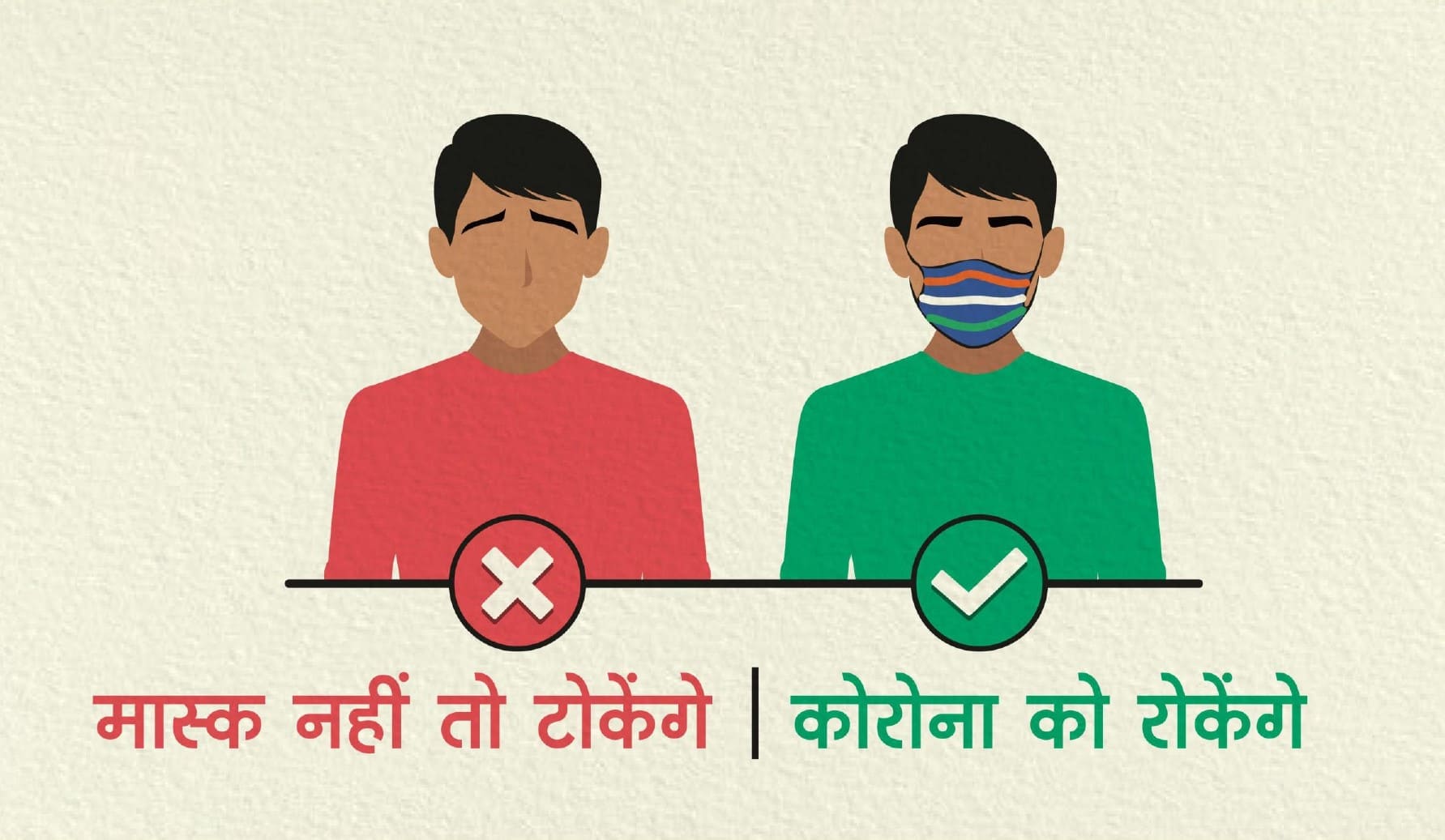Governance
Navigating the New Normal: NITI Aayog
- 26 Jun 2020
- 5 min read
Why in News
The National Institution for Transforming India (NITI) Aayog, in partnership with several other stakeholders has launched a behaviour change campaign called ‘Navigating the New Normal’, and its website.
Key Points
- The campaign has two parts:
- Covid-safe behavioural norms: The first is a web portal, containing resources informed by behavioural science and the use of nudge and social norms theory, related to Covid-safe behavioural norms during the ongoing Unlock phase, and
- Wearing of Masks: The second is a media campaign focused on the wearing of masks.
- The portal focuses on easy implementation of four key behaviours in the unlock phase: mask-wearing (essential focus), social distancing, Hand hygiene, and not spitting in public.
- Citizens Role: It aims at desired social behaviour in which the enforcement burden shifts from the Government to the citizens.
- Sector Specific: The website will have sector-specific collaterals and guidelines for health, nutrition, and public transport (in metro cities).
- International Examples: Japan and South Korea have made ‘mask-wearing’ a socially accepted norm.
- Recent Examples/Initiatives in India:
- Recently, Meghalaya has issued a new health protocol which also lays emphasis on the Behaviour Change Model for living with Covid-19.
- The Economic Survey 2019 too lays out an ambitious agenda for behavioural change by applying the principles of behavioural economics to several issues, including gender equality, a healthy and beautiful India, savings, tax compliance and credit quality.
Behavioural Science
- Behavioural science is a method of analysis that applies psychological insights into human behaviour to explain their decision-making
- In reality, decisions made by people often deviate from the classical principles. Drawing on the psychology of human behaviour, science provides insights to ‘nudge’ people towards desirable behaviour.
Nudge Theory
- According to Nudge theory, people, rather than being forced, can be encouraged and influenced to pursue or desist from certain actions through nudges.
- It does not talk about penalizing people if they do not behave in a particular manner, rather it encourages them to make desirable decisions.
- It believes that Humans are not-so-rational and often need encouragement or intervention — a nudge — to get going and do what’s best for the country or society at large.
- American economist Richard Thaler has won the 2017 Nobel Prize in economics for his contributions to behavioural economics.
Limitations of Behavioural Science
- Continuous Efforts vs One-time Action - Give It Up campaign for LPG subsidy was a comparatively easy policy as it requires only a one-time action of affluent households, whereas task is very difficult in case of living with Covid-19, Beti Bachao, Beti Padao and SBM, as it requires continuous effort to dislodge mind-sets that prevailed for decades.
- Specific Targeting is Required: In order to make this campaign a success, focus must be on special areas of concern such as small factories and poor labourers, who comprise a large part of the vulnerable population. Example: Advertising campaigns such as the Beti Bachao Beti Padhao scheme did not target specific states where child sex ratios were already skewed (although it was effective in Haryana, which also has a very poor sex ratio).
- Case of Confirmation Bias: The applications of behavioural insights appeared to be a result of confirmation bias (to the extent that past policies were viewed with a behavioural lens).
Way Forward
- As the lockdown is lifted, people will resume their normal activities. This raises a challenge of minimising the spread od Covid-19 without impacting the movement of people. This signals a need for change and creation of a “New Normal” – where we adapt our routine activities to enable consistent compliance to the COVID-19 protective behaviours.






-min.jpg)